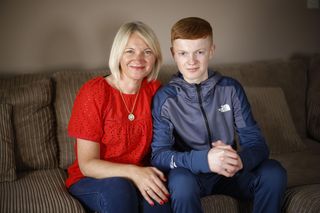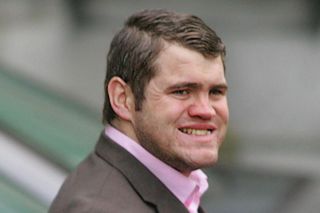Web Summit agrees to share full Qatar contract in shareholder case
Web Summit's Paddy Cosgrave
The comprehensiveness of pre-trial discovery being made by technology events company Web Summit in a series of High Court suits and counter suits is being questioned by the opposing sides.
Mr Justice Denis McDonald of the Commercial Court was told yesterday that a motion may soon be brought concerning the adequacy of document sharing by Web Summit’s holding company Manders Terrace Ltd.
Lawyers for Web Summit said further discovery will be made if that is required.
Graiguearidda, a corporate entity of Web Summit co-founder David Kelly, who owns 12pc of the business, alleges shareholder oppression against Manders Terrace, its chief executive Patrick Cosgrave, and his entity, Proto Roto Ltd.
Daire Hickey, a 7pc shareholder in Web Summit, and his commercial vehicle Lazvisax Ltd, is also suing Mr Cosgrave and Proto Roto over alleged oppression of his rights as a minority shareholder.
Read more
Manders Terrace and Mr Cosgrave are counter-suing Mr Kelly claiming he was involved in secret efforts to set up an investment fund for his own personal gain by using the resources of the business.
At the High Court, senior counsel for Lazvisax and Mr Hickey, Kelley Smith, said her instructing solicitor, Dentons, have concerns in relation to the adequacy of discovery being made by Web Summit. They are considering issuing a court motion about this but have only reached a preliminary view on the matter, she said.
Ms Smith noted there is no longer a dispute between the parties about redactions of a contract covering a deal to host the technology conference in Qatar. She said Web Summit has now agreed to share the document in unredacted form.
Barrister Frank Kennedy, for Graiguearidda and Mr Kelly, said his clients take a similar view to Web Summit’s discovery.
Counsel said Mr Kelly accepts Web Summit’s explanation in relation to his earlier claim that it had remotely deleted some of his emails.
Web Summit’s counsel, Oliver Butler, told the court there was “never any evidence” that Web Summit had remotely deleted any emails belonging to Mr Kelly.
There is a “dispiriting shifting” to the explanations provided by Mr Kelly about email deletions, Mr Butler added.
His clients were told by Mr Kelly’s legal team that some of his emails had been deleted not long before he was supposed to share them with the other side.
That issue does not need to concern the court at present, but it “will arise at the trial”, Mr Butler added.
Referencing concerns raised about the adequacy of his clients’ document sharing, Mr Butler said: “If we need to make further discovery then that is what we will do.”
Mr Justice McDonald directed that any motion concerning document discovery should be brought by July 24. He adjourned the cases to be mentioned again on July 17.














